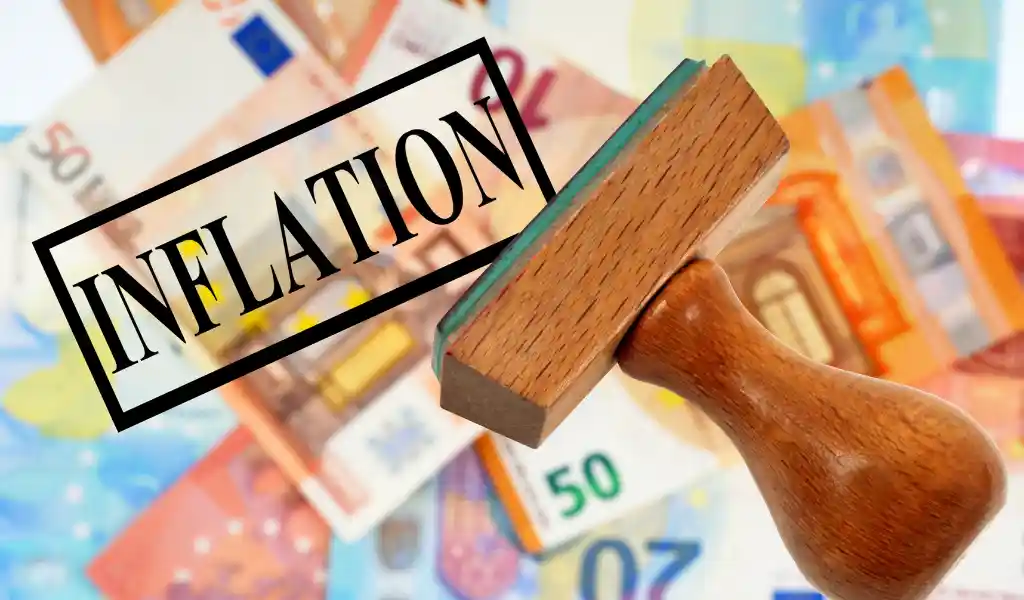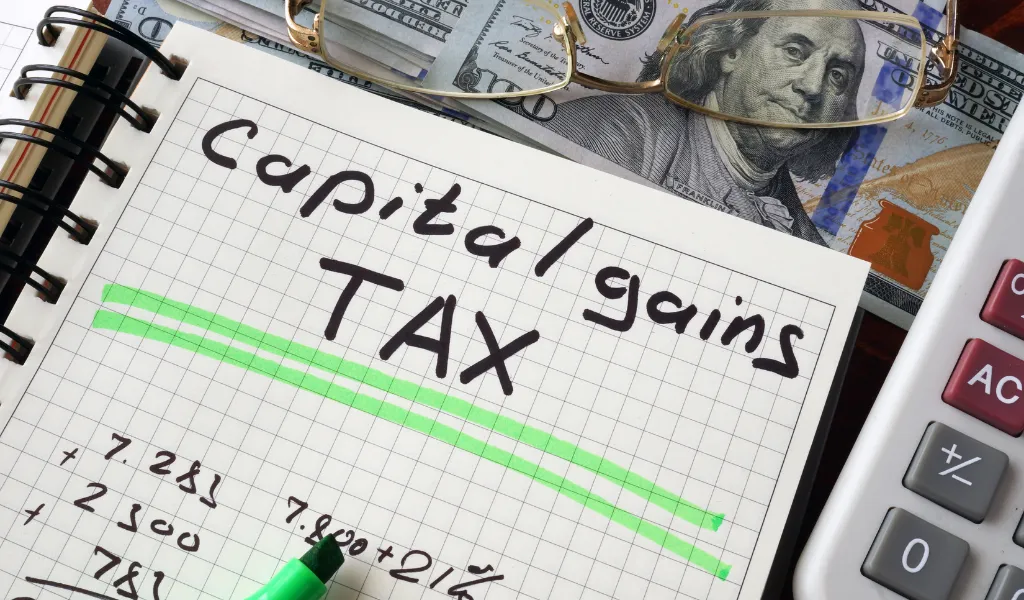Since 2008, the average annual house prices keep steadily increasing in the UK. You can look at the statistics provided by the Office of National Statistics. House prices saw an increase of 9.6% years on year between the years 2021 and 2022. There are many factors that contribute to an increase in house prices. For example, lack of new-builds and the Covid-19 restrictions. One of the main causes is inflation. The question arises: how doesinflation affect property prices? Before we discuss the effects of inflation, let’s look at the meaning of inflation.
Definition of Inflation
Simply, inflation is the increase in price of any services or goods in a specific economy over a given period. This increase is shown as a percentage. Since goods and services become costlier, inflation indicates a decline in cash purchasing power.

What are the Causes of Inflation?
There are several causes of inflation. They vary according to definite moments in time. In November 2022, we witnessed a jaw-dropping rate of 9.6% year on year. Horrifying, indeed. This led to predictions of 10% in 2023. Currently, the following factors contribute to an increase in inflation:
- Geopolitical instability
- Supply and demand for necessities (housing and food)
- Increase in production costs (wages and raw materials)
Ultimately, this results in an increase in living costs. Now, how does inflation affect property prices?
How Does Inflation Affect Property Prices in the UK?
When it comes to the housing market, the rate of inflation affects it like it affects the price of goods and services. Suppose inflation rises, then so will the price of properties. They will go beyond the average value. This is due to just the supply and demand. This leads to a decline in the number of homeowners who want to move. Which means there are less and fewer properties on the market for buyers. Under such circumstances, the increased demand for houses causes their value to rise. This results in first-time buyers being unable to purchase a property. In fact, many potential buyers are excluded due to an increase in prices. Therefore, homes are often more expensive if inflation is higher. On the other hand, you must remember that there is a balance between the two. If mortgage rates increase too much due to inflation, buyers cannot apply for loans. This means that a decline in demand. Consequently, property prices will also decrease. Due to inflation and demand, the average property value has increased in the past few years.
Average House Price in 2023
Look at the latest house price data that is published on GOV.UK by HM Land Registry for June 2023. It shows the estimate for average UK house price annual inflation. In the 12 months to June 2023, it was 1.7%. You will find that this is downward from the revised estimate of 1.8% in the 12 months to May 2023. What was the average UK house price in June 2023? It stood at £288,000. How much higher is it than 12 months ago? It is higher by a significant £5,000. Yet, it is still £5,000 below the peak we witnessed in November 2022. Please note that this data is provisional and is subject to revision. They are non-seasonally adjusted estimates. This remains true unless stated otherwise clearly. Thus, it is important to know the answer to the question, how does inflation affect property prices?
Do Property Owners Benefit from Inflation?
Often, property is a good dodge against inflation. The cost of purchasing your own house rises along with the cost-of-living. Surely, the rise in property prices looks good to anyone wanting to sell. Nevertheless, that is not always the case. You must remain wary of a few things. Therefore, the answer is not necessarily clear. Here are all the possibilities you should consider during inflation.
1. Problems May Arise with Variable Rate Mortgages.
It is not ideal to rely on a variable rate mortgage during inflation. This is because it will not remain at a manageable level during such times. You should reconsider and figure out if you can go for a fixed-rate mortgage instead. That way you can stick to it for one or two years to deal with the current inflation growth. Since a variable rate mortgage follows the current interest rates, your monthly repayments can go high. Inflation influences interest rates. Therefore, you run the risk of not paying what you owe every month.
2. The Actual Value of Your Current Mortgage Can Decline
Inflation is an advantage for those property owners who are on a longer-term fixed-rate mortgage. That is, if you look at only debt. For example, a £300,000 mortgage debt in 2042 is going to be worth less than £300,000 in 2023. Suppose the current inflation rate is at 3% and you have a 1% nominal interest rate on your mortgage. Then, the actual interest rate becomes -2%. Which is not too bad. Especially if you are dealing with a debt that is worth hundreds of thousands.
3. Who Pays the Increased Value of Your Home
Surely, if you get an incredible house valuation, you celebrate. It all seems great. Unfortunately, that is not the case. You may face problems when the cost of living also rises. Also, inflation can cause the cost of borrowing money to go up. Which results in potential buyers’ inability to purchase house they could afford before. Keep in mind that there is a difference between affordability and the cost of the property. When inflation causes non-fixed mortgage interest rates to go up, money becomes harder to borrow. It becomes costlier. As a result, fewer buyers finance. They do not have sufficient deposits to cut the monthly mortgage amount. Or they can decide to sit and wait for better times. Thus, they will not buy a property at all.

How to Benefit from Inflation When You Sell Your House
The good news is that inflation can put you in a stronger position. That is, if the price of your home is doing well in comparison to the house type you are trying to buy. In this scenario, it is best to make sure you have your mortgage ready. Moreover, you should have a quick sale of your property lined up. This will put you in the best position to move. Ideally speaking. When it comes to rising house prices, supply and demand are the biggest factors at play. Suppose demand declines as the cost of borrowing goes up. What then? There is a possibility that both these factors will balance each other out. Nevertheless, you should not rely on this. Do not expect it to work out this way.
Should You Sell Your House During Inflation or Wait?
Undoubtedly, if you sell your home during a price boom, you get a better financial deal. The issue arises when you want to buy your next home. Then, it becomes difficult to find reasonably priced properties. As a result, you have competition with more buyers. Furthermore, fixed-rate mortgage may no longer appear as appealing as before. Following are the factors that you should consider: Budget: If you move, will it make your financial situation better? At the very least, will it maintain it? Urgency: Do you really need to move or is it a want? Perhaps you need to relocate because of your job. Or maybe you want to change addresses because of divorce. You can have plenty of reasons for moving. Even wanting to release home equity to pay for other necessities is a valid reason. Deals: Can you get your hands on a good mortgage? Is it practical in the short term as well as the longer-term? Does it compromise your budget? Are you settling for poor terms and conditions? Next Home: Do you have your eyes on a property already? One that has everything you need and does its price offer good value?
Selling Your Home Quickly During Inflation
In the UK, a usual on-market sale with an estate agent takes up to 4 months on average. Although, it mainly depends on the location of your home and its condition. Due to the current cost of living, if you are finding it difficult to sell your home quickly, then this route is not for you. Do not go down the usual path, as it is not the ideal option for you. Hence, it is important to find the answer to the question: how does inflation affect property prices?
Conclusion
To summarise, there is a huge impact of inflation on property prices in the UK. Inflation plays a major role in determining the housing market situation as mortgage is also affected. Demand and supply are always going to remain main factors in the housing market situation. It is not easy to deal with the cost-of-living crisis and the increasing inflation, but you can still take advantage of it. Therefore, you should have knowledge of the factors that affect property prices.








